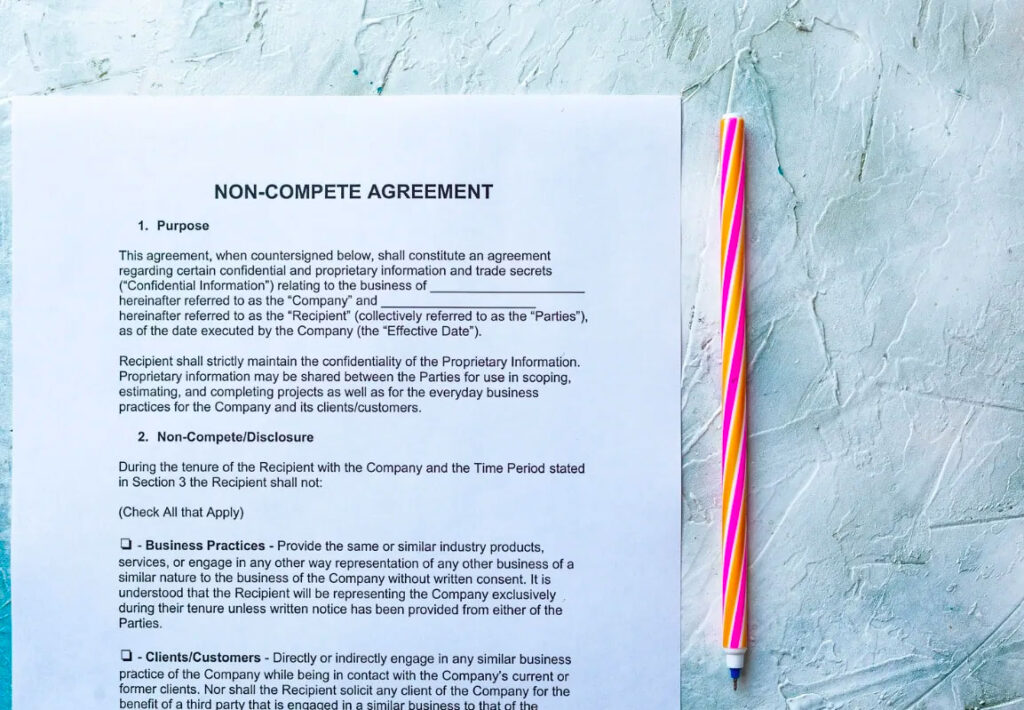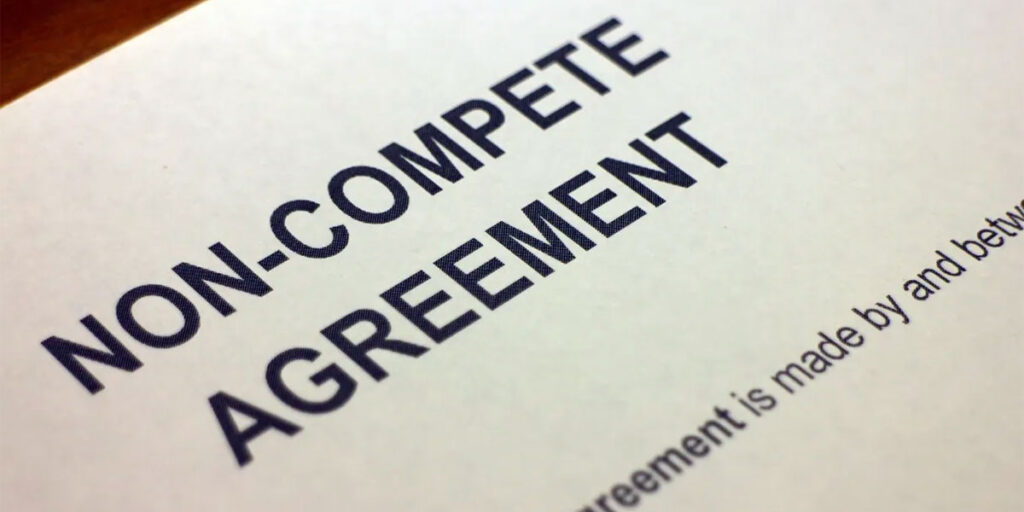As the legal landscape continues to evolve, staying on top of changing laws and regulations has become increasingly important for lawyers, legal aides, and clients. One particular area that is undergoing significant changes is non-compete rules. Given the rapidly changing nature of this field, it’s crucial to thoroughly understand how these new statutes impact contracts and businesses alike. Intrepid will discuss recent developments in non-compete clauses and what it means for everyone involved in the legal process.
Intrepid Paralegal Solutions is here to assist with all your paralegal needs. Contact us or give us a call today to learn more.
An Overview of Non-Compete Rules and How They Evolve
Non-compete agreements are contracts between employers and employees that restrict the employee’s ability to enter into a similar job or start a similar business in competition with the employer. The purpose of non-compete agreements is to protect the employer’s investment in knowledge, training, and other resources provided to the employee during their employment. As the marketplace evolves and the workforce becomes more mobile, the validity and enforceability of non-compete agreements have come into question. Some states have restricted the enforceability of non-compete agreements, while others have expanded their reach. It is important for employers and employees to understand the evolving non-compete rules in their jurisdiction to protect their rights and interests.

The Issues with Modern Non-Compete Agreements
In the modern job market, non-compete agreements are becoming increasingly popular. These agreements are contracts that prohibit employees from joining or starting a competing business with a rival firm for a specific period of time. While these agreements may benefit companies in the short term, they can create significant employee issues. One major concern is that non-compete agreements limit employees’ freedom to work in their field of expertise, hindering their ability to find new employment opportunities. Additionally, non-compete agreements can restrict the sharing of knowledge and ideas between firms, ultimately hindering industry innovation and growth. It is essential that both employers and employees understand the potential impact of non-compete agreements on careers and industries alike.
What Recent Changes Mean for Employees and Employers
Recent changes to non-compete rules have significant implications for both employees and employers. These changes reflect a shift in how non-compete agreements are perceived and enforced under the law. For employers, these changes mean enforcing overly restrictive non-compete agreements could lead to costly legal battles and negative publicity. For employees, the changes provide more protection against unfair non-compete clauses that could limit their career opportunities or tie them to a particular employer. The recent changes reflect a growing recognition of the need to balance protecting businesses’ interests and ensuring employees can pursue their careers. As such, employees and employers must carefully review any non-compete agreements they make to ensure they are fair and do not violate any current regulations.

Navigating the Legalities of Non-Competes
Navigating the legalities of non-competes can be a complex and often confusing process. Understanding the nuances of these agreements is crucial before signing on the dotted line. Non-competes typically restrict an employee from working for a competitor or starting a similar business for a specified period of time after leaving their current job. It’s important for both employers and employees to understand the legality and enforceability of these agreements in their specific state, as laws can vary widely. Seeking legal counsel is often recommended to protect all parties and fully understand their rights and obligations.
Alternatives to Traditional Non-Compete Clauses
In recent years, traditional non-compete clauses have come under scrutiny due to their negative impact on employee mobility and innovation. As a result, many companies are now exploring other alternatives that can provide effective protection without hindering employees’ career options. One such alternative is the use of non-solicitation agreements, which prohibit former employees from reaching out to the company’s clients or other employees for a certain period of time. Another option is garden leave clauses, which require employees to take a paid leave of absence before joining a competitor, giving the company time to secure its trade secrets and other confidential information. Ultimately, it is important for companies to consider all available options and tailor their approach to balance their interests with those of their employees.

Moving Forward and Preparing for Future Changes in Non-Compete Rules
As the business world evolves, staying updated on changes that could affect your company’s operations is important. One area that may require your attention is non-compete rules. With more and more states limiting the scope of non-compete agreements, it’s essential to be proactive in understanding what changes may be on the horizon. Moving forward, companies may need to re-evaluate their approach to non-compete agreements and consider alternative strategies for protecting their intellectual property and confidential business information. By staying informed and preparing for potential changes in non-compete rules, your company can stay ahead of the curve and mitigate any potential risks.
Learn How to Navigate These New Rules
Non-compete rules and agreements have become a contentious legal field for employers and employees. Still, the increasing changes in the law mean that now more than ever, it is important for both employers and employees to be aware of their rights and obligations when it comes to non-competes. By understanding the basics, new developments in the law, and viable alternative options available on the market, both sides can work towards finding an agreement that works well for each party involved. If you’d like additional guidance, trust Intrepid Paralegal Solutions to help you navigate the legal field. We offer comprehensive paralegal services to assist with your needs- so don’t hesitate to contact us today. In this consistently shifting labor law landscape, having dedicated allies with expertise in non-compete rules can divinely position your business for success in a competitive market.
Intrepid Paralegal Solutions is a national virtual paralegal solutions provider and service. We are committed to being a completely remote work company to be more efficient. Our mission is to help our clients by providing the highest quality of virtual paralegal services and related support and consulting services. We are not lawyers (we have lawyers on staff), and we strive to connect the most qualified personnel within the legal field to allow the most fluent and unparalleled level of legal assistance possible. We offer a wide range of professional services to our clients, including:
, and recently added bankruptcy, mediation, and legal investigation services, as we are expanding with marketplace demands, and we are always looking for new clients and businesses to assist. We are committed to being a completely remote and virtual work company so that we can provide the most efficient and cost-effective services possible. If you are in need of paralegal assistance, contact us or give us a call today to speak with our team.
